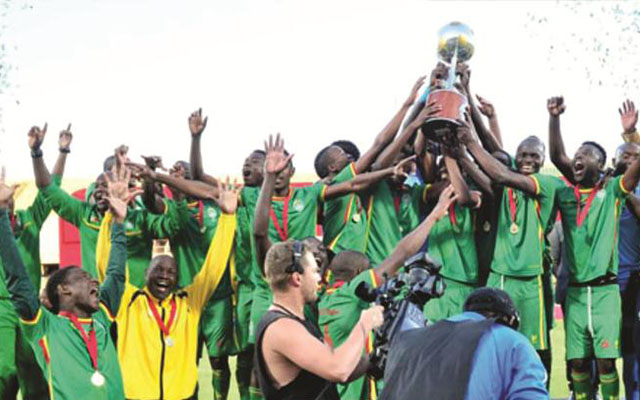Zanu-PF has no reason to deploy violence
Tichaona Zindoga Political Editor
With Zimbabwe hurtling towards elections in 2018, President Mugabe has just made a timely and firm injunction against politically motivated violence.
Political violence has long marred election periods in Zimbabwe with the effect of offering an unfortunate window of opportunity for the country’s detractors to denounce the outcomes of our electoral processes.
The past 17 years in which the opposition MDC-T has had no small say in the proceedings, incidents of violence have been recorded with fatalities in some instances.
Bodies such as the now defunct Joint Monitoring and Implementation Committee (Jomic), which was constituted during the inclusive Government as an inter-party mechanism to prevent and monitor political violence, indicated that acts of violence were perpetrated by members of the main parties, MDC-T and Zanu-PF.
Such instances of violence earned the country real bad publicity. The images, real and contrived, were beamed across the world. They were so ugly and unfortunate. Even when it is known that Zimbabwe is not the most violent place on earth and that such incidents are isolated and seasonal, the country’s image has suffered immensely.
Zimbabwe’s detractors in the West savour such images which they try to use to justify interference in the country’s affairs and to de-legitimitise our elections and leadership. The West imposed ruinous sanctions on Zimbabwe after Government embarked on the historic land reform programme and uses the excuse of political violence and alleged human rights abuses to maintain sanctions.
The world is made to believe that the violence and rights abuses are State-sanctioned. Zanu-PF is often blamed, conveniently. This makes a strong case for cessation of political violence in the country and President Mugabe’s recent call that individuals and groups that terrorise people in the name of Zanu-PF must be stopped and prosecuted is on point.
President Mugabe says violence is not Zanu-PF’s “motto” and that groups of overzealous and mostly criminal elements must not be allowed to “spoil our (Zanu-PF) name”.
Vigilante groups and perpetrators of violence do not spoil Zanu-PF’s name only. They spoil it for everyone. It should also be noted that Zanu-PF does not have any reason to go about brutalising people and coercing them to vote for it. It has attractive policies that the opposition does not have.
It has massive organisational power, which the opposition does not have. The ruling party is clear on who will lead it into elections in 2018, and the opposition is at sixes and sevens over who should lead a coalition – should such come to pass.
Zanu-PF is showing just how well oiled it is ahead of elections. The last thing it needs is violence as a tool. Pollsters and think-tanks have been predicting that if elections were to be held today, Zanu-PF would romp to victory against a waning opposition. Why, then, would the ruling party have to resort to violence – we ask?
As a matter of fact, violence can only benefit the opposition, serving as it will likely do, as an excuse for losing the elections. The opposition desperately needs that face-saver. But Zanu-PF should deny them such comfort. The ruling party must also be on the lookout for opposition goons starting violence so as to project a negative picture of elections which they are likely to lose.
Last week we reported a curious incident in which MDC-T activists apparently torched their own vehicle in a bid to win sympathy and place the blame on Zanu-PF. We still stand by these strong suspicions. Such dirty games are also known among rebels and opposition movements elsewhere.








Comments